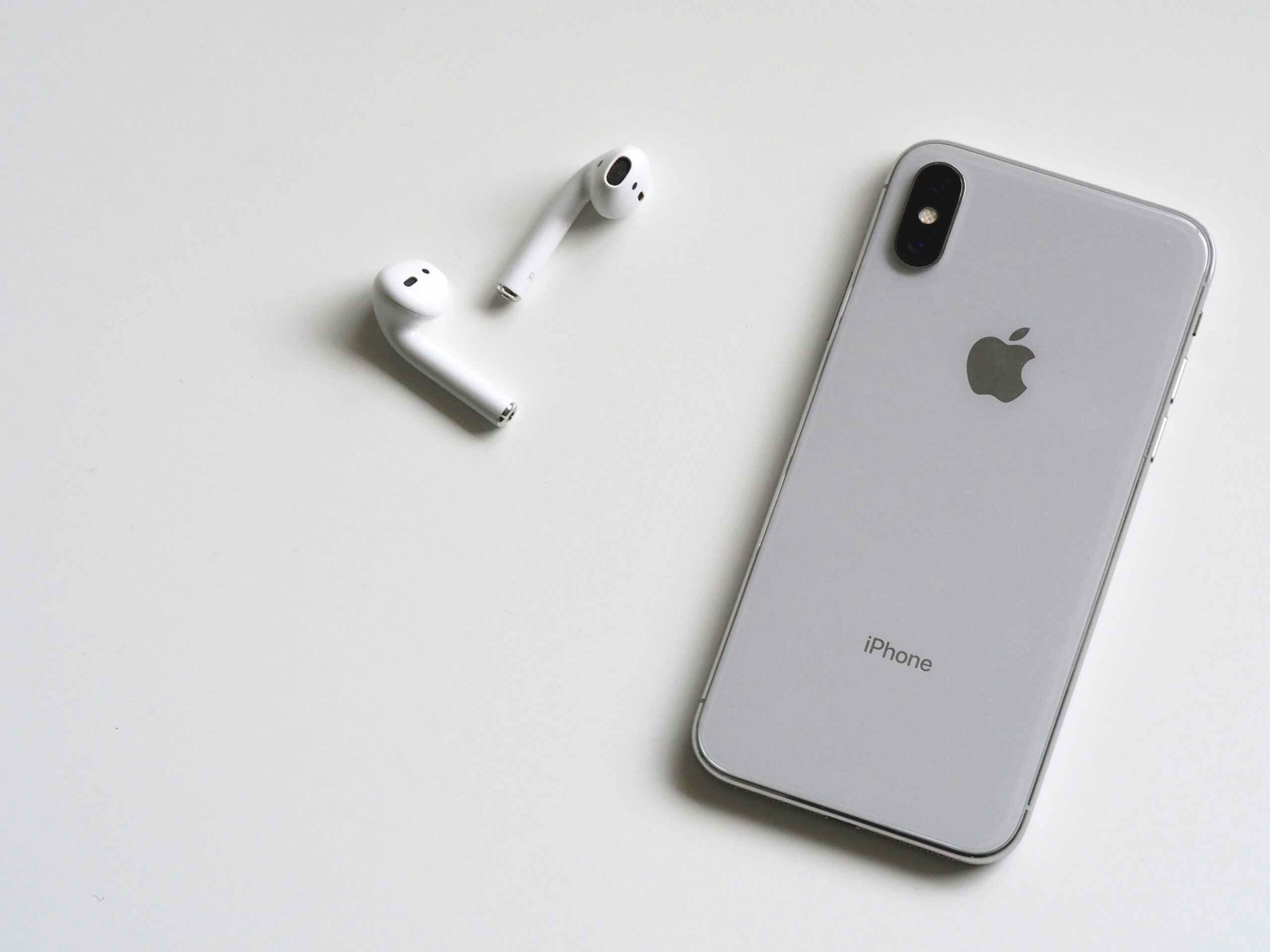Demystifying T-Mobile’s Ownership Who Holds the Keys to its Success?

T-Mobile has emerged as a major player in the telecommunications industry, but the question of who holds the keys to its success remains a mystery to many. With its bold marketing campaigns and disruptive business strategies, T-Mobile has managed to attract a significant customer base and challenge its competitors. However, understanding the ownership structure behind the company is crucial in unraveling the secrets to its triumphs. In this article, we will delve into the complex web of T-Mobile’s ownership, exploring the key stakeholders and their influence on the company’s direction and achievements. By demystifying T-Mobile’s Ownership Structur, we can gain a deeper understanding of the factors that contribute to its success in an increasingly competitive market.
T-Mobile, one of the leading wireless communication providers in the United States, has been making waves in recent years. With its bold marketing campaigns, aggressive pricing strategies, and innovative services, the company has managed to disrupt the industry and attract millions of subscribers. However, behind its success lies a complex web of ownership and control. In this article, we will delve into the various stakeholders who hold the keys to T-Mobile’s success.
At the top of the ownership hierarchy is Deutsche Telekom AG, a German telecommunications company. Deutsche Telekom currently owns a majority stake of 43% in T-Mobile US, giving it significant control over the company’s operations and strategic decisions. As the largest shareholder, Deutsche Telekom plays a crucial role in shaping T-Mobile’s future.
Another Important Player in T-Mobile’s
Ownership T-Mobile’s Ownership Structur is SoftBank Group Corp, a Japanese multinational conglomerate. SoftBank currently owns approximately 24% of T-Mobile US, making it the second-largest shareholder. While SoftBank does not have as much control as Deutsche Telekom, its influence cannot be underestimated. SoftBank’s expertise and financial resources have been instrumental in T-Mobile’s growth and expansion.
The Remaining Shares of T-Mobile US
Are publicly traded on the NASDAQ stock exchange, providing an opportunity for individual and institutional investors to become part-owners of the company. These shareholders hold smaller stakes compared to Deutsche Telekom and SoftBank but still play a role in T-Mobile’s success. Their interests and demands can influence the company’s strategic direction and financial decisions.
T-Mobile’s Ownership Structure is Not
The only factor determining its success. The company’s management team, led by CEO Mike Sievert, plays a crucial role in shaping its strategy and execution. Under Sievert’s leadership, T-Mobile has focused on disruptive initiatives, such as the “Un-carrier” marketing campaigns, which have resonated with consumers and helped the company gain market share.
Additionally, T-Mobile’s Dedicated Employees are Essential To its Success
From customer service representatives to network engineers, the company relies on its workforce to provide exceptional service and ensure reliable connectivity for its subscribers. T-Mobile’s corporate culture, which emphasizes customer-centricity and innovation, has been instrumental in attracting and retaining top talent.
In Recent Years, T-Mobile’s Success
Can also be attributed to its merger with Sprint Corporation, a major telecommunications company in the US. The merger, which was completed in April 2020, created a stronger competitor to Verizon and AT&T, the two dominant players in the industry. The combined resources and customer bases of T-Mobile and Sprint have allowed the company to further expand its network coverage and invest in advanced technologies like 5G.
While T-Mobile’s Ownership Structure
The management team are crucial for its success, it is ultimately the customers who hold the key. By consistently delivering value, exceptional service, and innovative offerings, T-Mobile’s Ownership Structur has managed to build a loyal customer base. The company’s focus on customer satisfaction has been evident in its industry-leading customer retention rates and high Net Promoter Scores.
T-Mobile’s ownership structure is complex, with Deutsche Telekom and SoftBank playing significant roles as major shareholders. However, it is not just the ownership structure that determines T-Mobile’s success. The company’s management team, dedicated employees, merger with Sprint, and most importantly, its customers, all contribute to its growth and standing in the highly competitive wireless communication industry. As T-Mobile continues to disrupt the market with its innovative approach, it will be interesting to see how its ownership structure evolves and what new successes lie ahead.


























